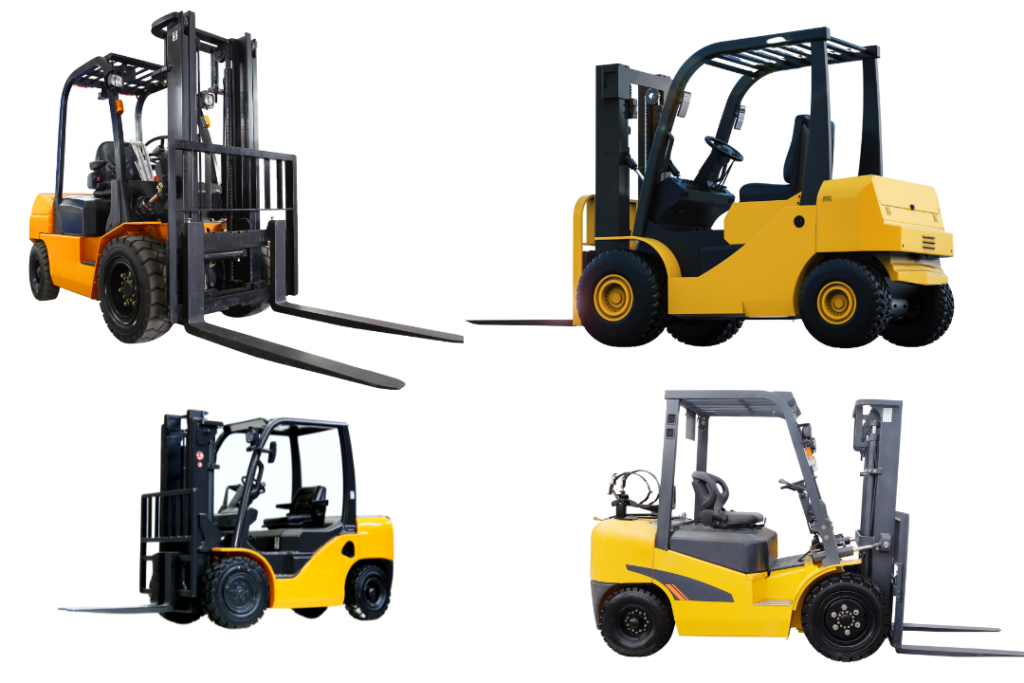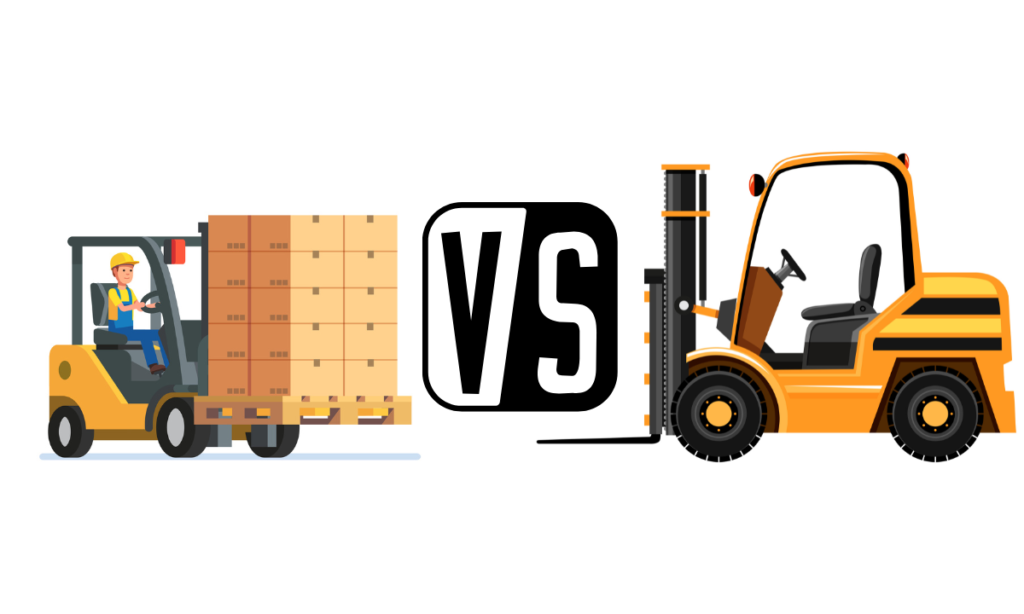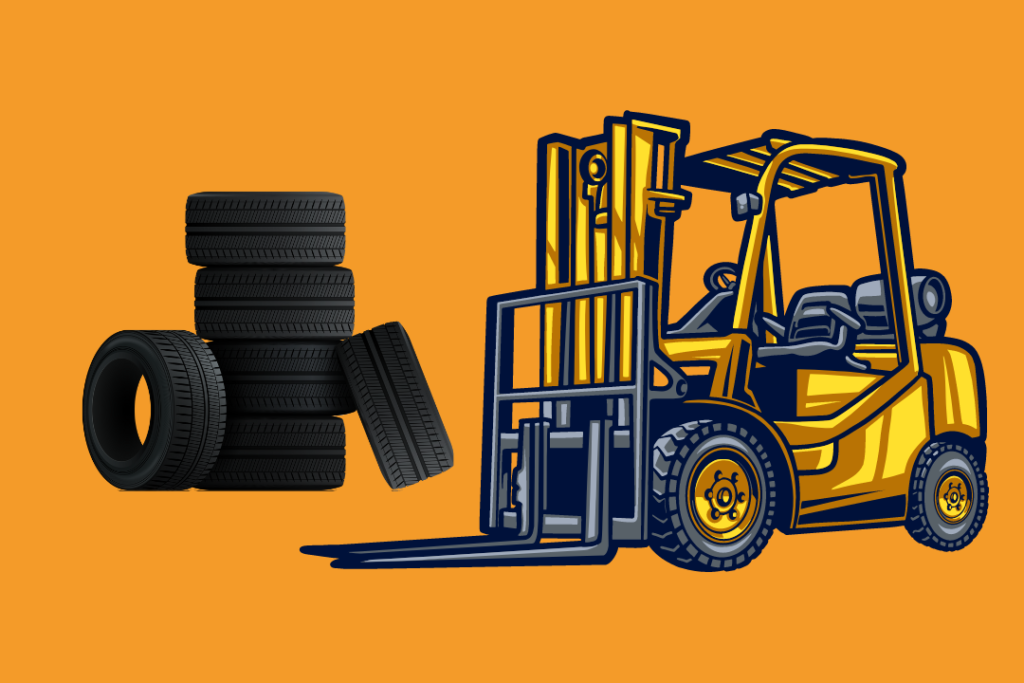Welcome to the ever-evolving world of industrial equipment, where forklifts have become essential allies in transforming material handling and boosting operational efficiency. Since their inception after World War I, forklifts have undergone significant advancements to meet diverse lifting and moving needs. In this exploration of the most popular forklift types, we’ll examine seven key models, each designed with precision for specific tasks. Discover how these versatile machines continue to shape the industry and enhance productivity.
Learn More : Forklift Safety Rules
1. Counterbalance Forklifts: Mastering Balance for Heavy-duty Operations
Operating akin to a crane, counterbalance forklifts derive their name from the weight at the back, counterbalancing front-loaded loads. This ingenious design enables them to lift and transport heavier loads with ease. Ideal for heavy operational tasks, these forklifts find their home in loading docks and warehouses.
2. Side Loader Forklifts: Maneuvering Through Tight Spaces
Standing out from the crowd, side loader forklifts position their forks at the side of the cab, making them perfect for narrow aisles and unconventional loads. Whether it’s lengthy sheets of wood or pipes, these forklifts navigate corners and entranceways effortlessly, making them a staple in lumber yards.
3. Warehouse Forklifts: The Standard Workhorse of Material Handling
A familiar sight in warehouses, the warehouse forklift is the quintessential material handling solution. Resembling a John Deere Gator cab with a front hydraulic forklift, these forklifts efficiently lift and move pallets within the confines of a warehouse, a common sight in retail giants like CostCo.
4. Industrial Forklifts: Powering Through Heavy-duty Construction
Also known as large-capacity forklifts, industrial forklifts boast unparalleled lifting capabilities. Bridging the gap between a telehandler and a warehouse forklift, they excel in construction settings, effortlessly moving materials like pallets of bricks, steel joists, and more across rough terrains.
5. Pneumatic Tire Forklifts: Tackling Any Terrain with Air-powered Precision
Distinguished by tires filled with air, pneumatic tire forklifts offer a strong grip on slippery or uneven surfaces. With solid and air pneumatic variants, these forklifts find their place in construction sites and supply yards, providing stability in challenging conditions.
6. Cushion Tire Forklifts: Navigating Tight Spaces with Ease
Simplicity meets efficiency with cushion tire forklifts. Fitted around a metal band, these interior-friendly tires offer a smaller turning radius, making them perfect for tight corners in smaller spaces. However, their limited traction makes them unsuitable for outdoor use.
Learn More : What is the 3-meter rule for a forklift?
7. Rough Terrain Forklifts: Conquering the Unpaved Challenges
Designed for the toughest terrains, rough terrain forklifts boast pneumatic tires for a steadfast grip. These heavy-duty machines, often utilized in military or construction settings, come with a larger and more robust build, ensuring durability in the face of challenging projects.
Whether you’re looking for precision in tight spaces, heavy lifting in construction, or navigating unpredictable terrains, understanding these 7 forklift types opens up a world of possibilities for optimizing your industrial operations.



